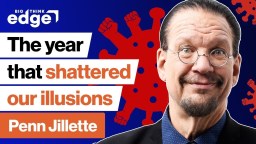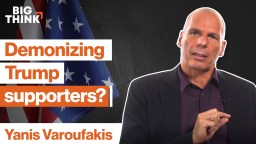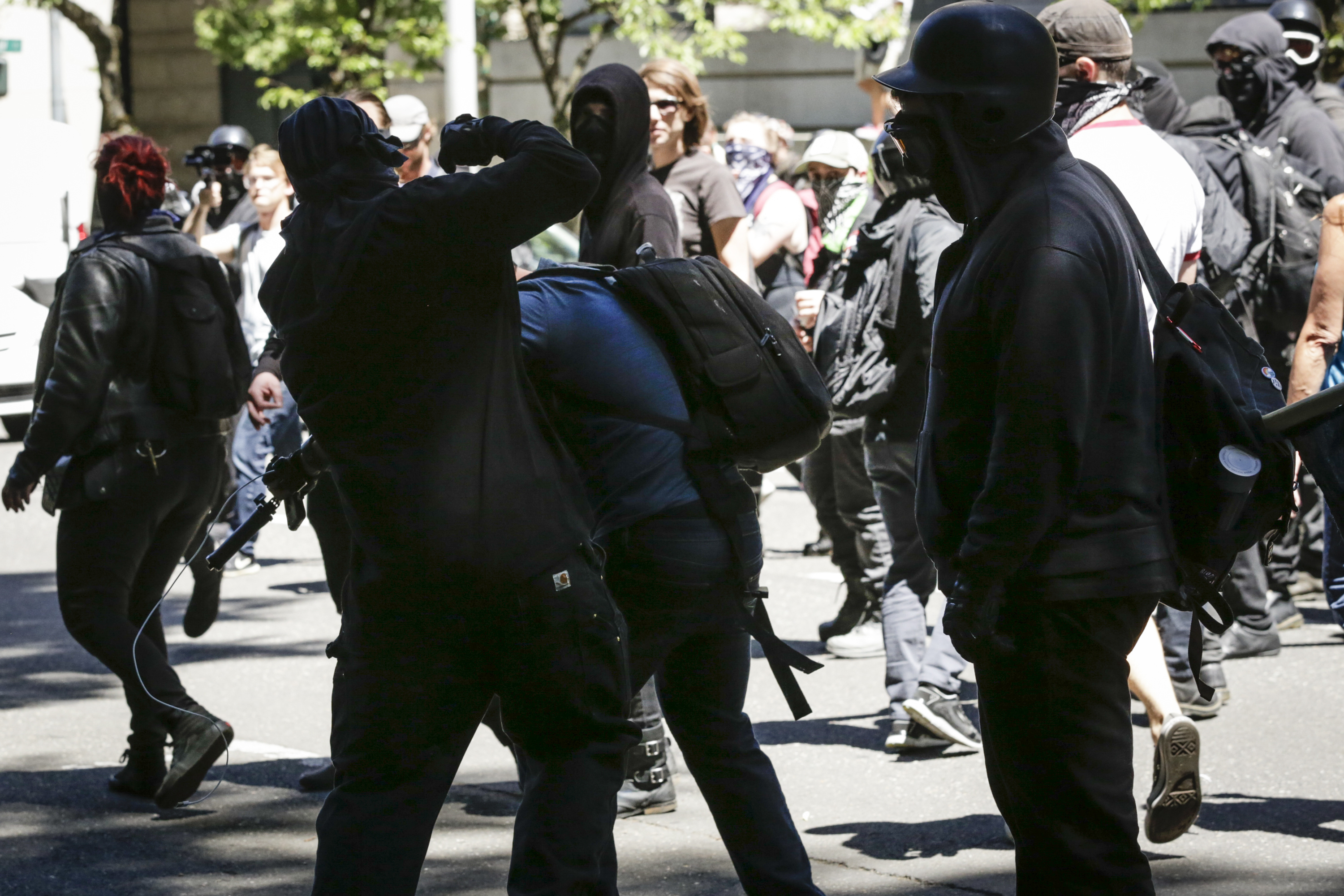protests
Most people believe you can win an argument with facts – but when “facts” are so often subject to doubt, are personal experiences trusted more?
The platform experiments with letting users decide what content needs flagging.
A new look at existing data by LSU researchers refutes the Trump administration’s claims.
New documents confirm that the government agency—one of many—has been using a tracking company.
The year 2020 will go down in history as one that shook our inner and outer worlds.
▸
with
It turns out big ideas don’t always fit in sign-sized slogans.
Can researchers use data science to accurately predict the future?
The videos raise serious legal and moral questions about police crowd-control tactics.
The inequalities impact everything from education to health.
A debate is raging inside and outside of churches.
There are ways to engage with someone with whom you don’t agree.
▸
4 min
—
with
On May 4, 1970, the National Guard shot and killed four students during an anti-war protest. The massacre went on to change American culture forever.
You can’t really have an opinion if you don’t know all sides of the argument.
▸
5 min
—
with
Taking time for thoughtful consideration has fallen out of fashion, writes Emily Chamlee-Wright. How can we restore good faith and good judgement to our increasingly polarized conversations?
When it comes to individual freedom of expression, the power of external authorities must be limited.
▸
5 min
—
with
As a moral and political philosophy, classical liberalism lays a framework for the good society.
▸
8 min
—
with
Protest music is a natural feature of humanity.
The protesters on the street aren’t just taking up space, they carry on a well thought out tradition.
Can collective protest still change the world?
When adults are challenged to behave like adults, by a child, they can go in one of two directions.
A study of 323 uprisings against repressive regimes yields stunning insights.
Fauna and flora refuse to go quietly into the Anthropocene.
Many believe that the internet has made it easier for us to participate in political activism. But is that really true?
▸
6 min
—
with
Recognizing the consequences of your actions requires consideration of the long game.
Peaceful protest in the face of Putin.
Conservative journalist Andy Ngo was attacked during marches in Portland on June 29.
In any sufficiently large protest, police officers may “kettle” protesters. Critics say it violates human rights, while advocates claim its one of the few safe tools available to police during a protest.
Yemen leads the list of the most fragile nations, with the U.S. and U.K. among the “most worsened.”





























